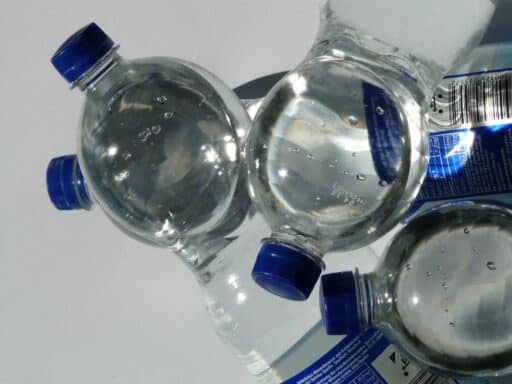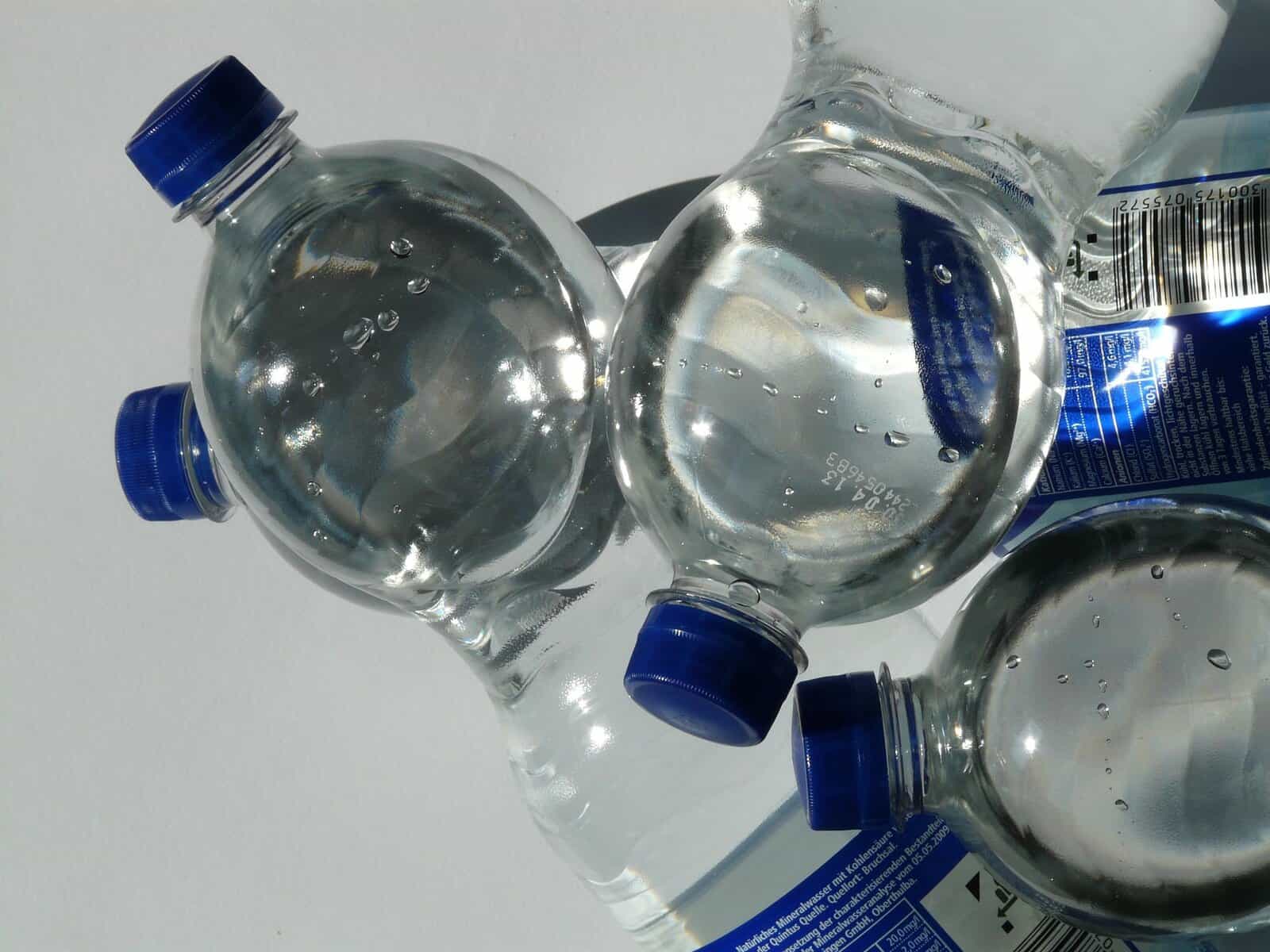Table of Contents Show
Until I experienced dehydration myself, I had no idea how fast it could hit. One hot summer hike with not enough water, and I was dizzy, disoriented, and desperate for relief. That was a lesson I’ll never forget, and now I’m here to help you avoid the same mistake.
Whether it’s from a sweaty workout, stomach bug, or simply forgetting to drink enough water during a busy day, dehydration is more common and more dangerous than most people think.
What Is Dehydration?
Dehydration occurs when your body loses more fluids than it takes in.1 This can happen through sweating, urination, diarrhea, vomiting, or even just breathing on a dry day. Along with fluid loss, your body also loses essential salts and electrolytes that keep your organs running smoothly.
Mild dehydration will just make you feel a little tired or thirsty, but if it gets severe, it can lead to kidney problems, seizures, or heatstroke.2 That’s why early recognition and treatment are key.
Common Signs You’re Dehydrated
You might think it’s obvious when you’re dehydrated, but the signs can be subtle, especially at first. Some of the most common symptoms are:
- Dry mouth or chapped lips
- Dark yellow urine or not peeing much
- Feeling dizzy, lightheaded, or unusually tired
- Headaches or difficulty concentrating
- Extreme thirst
In young children, look for fewer wet diapers, dry mouth, or sunken eyes.3 And in older adults, confusion can be a red flag.4
How to Rehydrate (Fast!)
If you’re mildly to moderately dehydrated, the solution is often simple: drink fluids. But not just any fluids—what you drink matters.
1. Water: It’s the go-to choice and rightly so. Sip slowly and steadily rather than chugging to avoid overwhelming your system.
2. Oral Rehydration Solutions (ORS): These are designed to replenish both fluids and electrolytes.5 You can find them at pharmacies or make your own with water, sugar, and a pinch of salt.
3. Sports Drinks or Coconut Water: These can help in a pinch after intense exercise as they restore lost sodium and potassium.
4. Broths or Soups: Great when you’re recovering from illness and need both hydration and nourishment. Avoid alcohol, caffeine, and super sugary drinks—they can make dehydration worse.
Who’s Most at Risk?
Some people need to be extra careful:
- Young children and infants can become dehydrated quickly from diarrhea or vomiting.6
- Older adults may not feel thirsty and have chronic conditions that increase their risk.
- Athletes and outdoor workers lose a lot of fluid through sweat.
- Anyone with chronic illnesses, especially kidney or heart problems, needs to monitor their fluid intake closely.
If you fall into one of these categories, don’t wait for thirst to hit—drink water throughout the day.
When to See a Doctor
Sometimes dehydration needs more than a glass of water. Severe cases require IV fluids and professional care. Go to the doctor immediately if you or someone you’re with shows signs of:
- Confusion or fainting
- Rapid heartbeat or breathing
- No urination for several hours
- Sunken eyes or dry skin that doesn’t bounce back when pinched
Take a look at the post by Dr Yani for an easy understanding of the basics of dehydration.
I learned the hard way that dehydration isn’t something to brush off. With the right knowledge and a little planning, you can stay ahead of it—whether you’re at the gym, on the trails, or just navigating a hot day.
Final Thoughts
Hydration is one of the simplest and most powerful ways to care for your body. Don’t wait until your lips are chapped or your head is pounding. Listen to your body, sip often, and take dehydration seriously. Because when your body runs low on water, everything slows down—and that’s no way to live.
Stay cool, stay safe, and keep that water bottle handy!
References
- Dehydration [Online]. Available at: https://www.nhsinform.scot/illnesses-and-conditions/nutritional/dehydration/ (Accessed: 2 August 2025). ↩︎
- (2023). Dehydration [Online]. Available at: https://my.clevelandclinic.org/health/diseases/9013-dehydration (Accessed: 2 August 2025). ↩︎
- Dehydration [Online]. Nemours KidsHealth. Available at: https://kidshealth.org/en/parents/dehydration.html (Accessed: 2 August 2025). ↩︎
- J. Rust, (2020). Q&A: Dehydration dangers in older adults [Online]. The Portland Clinic. Available at: https://www.theportlandclinic.com/qa-dehydration-dangers-in-older-adults/ (Accessed: 2 August 2025). ↩︎
- K. Nunez, (2022). Oral Rehydration Solution Uses, Benefits, Precautions, Recipe [Online]. Available at: https://www.healthline.com/health/oral-rehydration-solution (Accessed: 2 August 2025). ↩︎
- (2025). [Online]. NCBI Bookshelf. Available at: https://www.ncbi.nlm.nih.gov/books/NBK436022/ (Accessed: 2 August 2025). ↩︎







